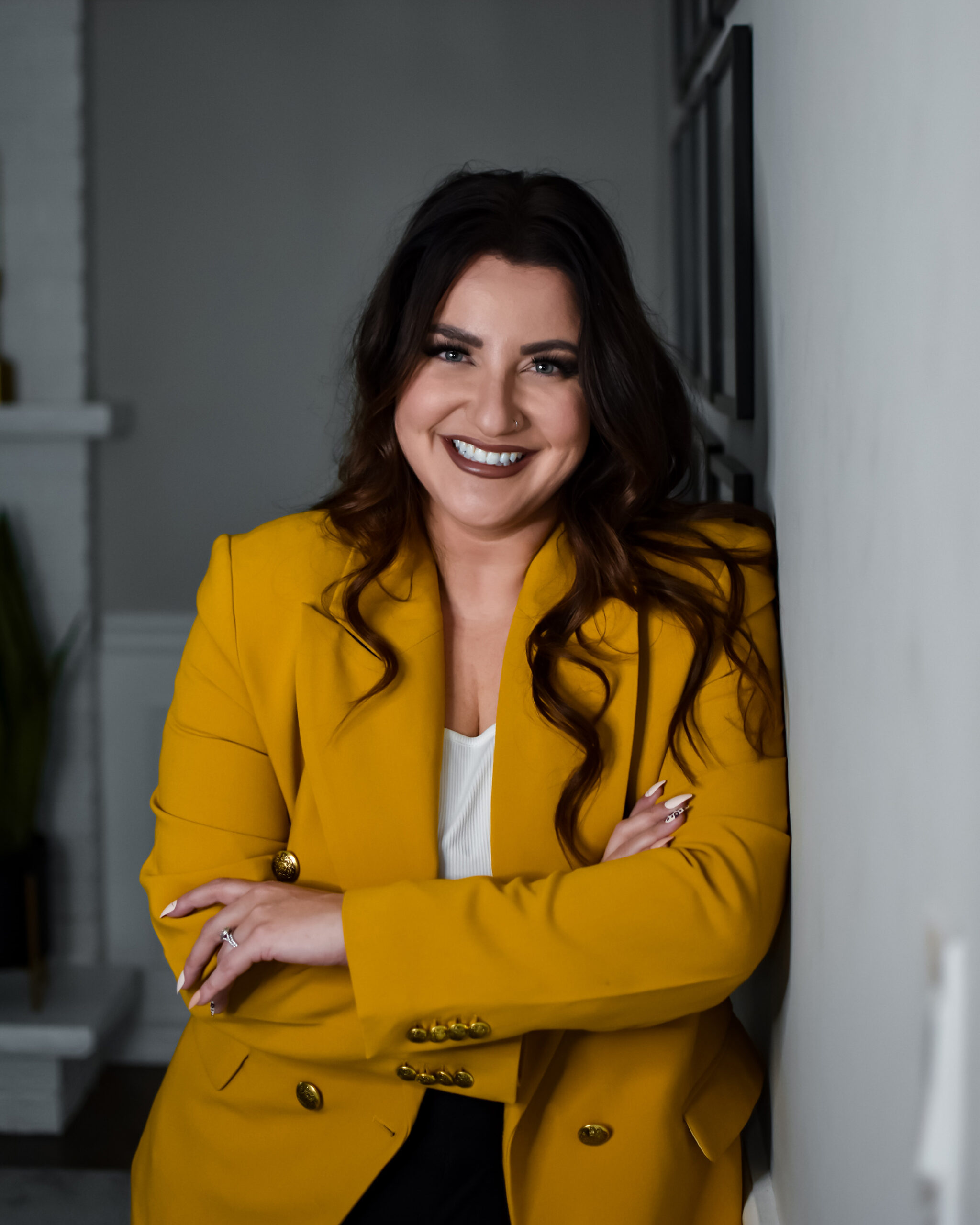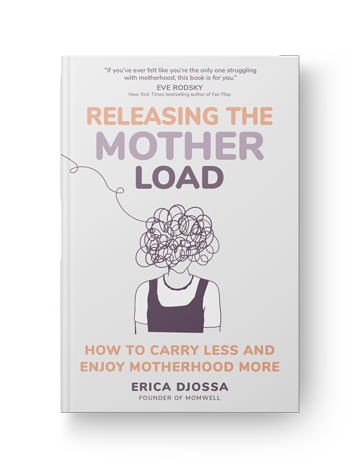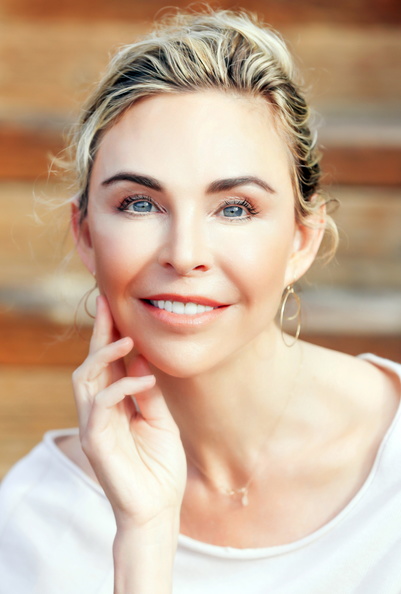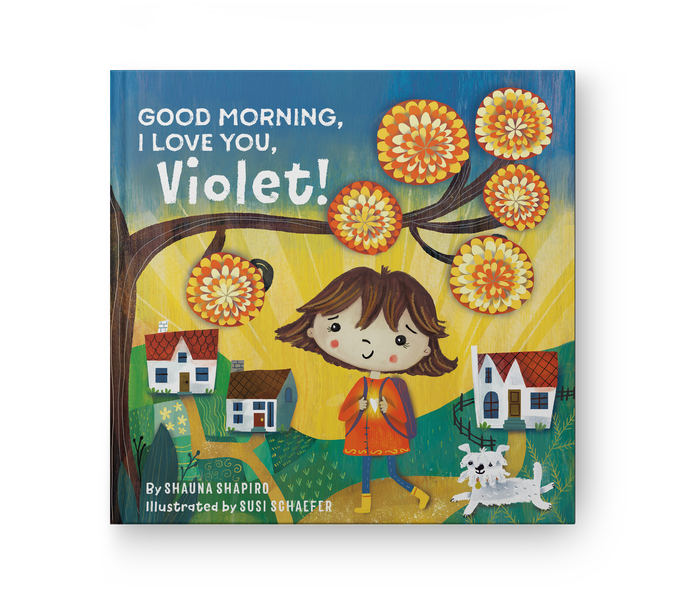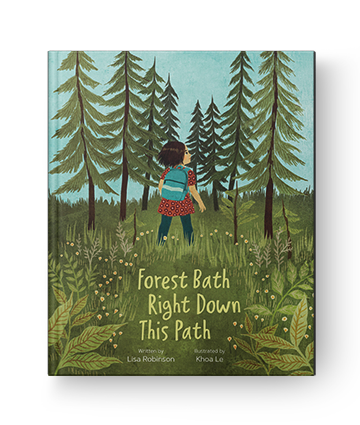Dr. Erin Clabough is an assistant professor of biology and neuroscience at Hampden-Sydney College. With Sounds True, she has published Second Nature: How Parents Can Use Neuroscience to Help Kids Develop Empathy, Creativity, and Self-Control. In this episode of Insights at the Edge, Tami Simon speaks with Erin about the experience of raising four children while also pursuing her PhD, and how this informed the lessons in Second Nature. Erin describes specific methods she’s used to challenge and discipline her children in ways that encourage the development of positive lifelong traits, as well as how these methods can be applied in any family. Erin and Tami discuss the tricky modern issue of screen time and the different ways to approach rules with differently aged children. Finally, they talk about the concept of emotional “scaffolding” and what it takes to really model positive behaviors in your daily life. (56 minutes)
Tami’s Takeaway: Have you ever noticed that sometimes when someone says, “I’m sorry” for some ignorant or destructive action, their apology can feel insufficient or incomplete? A mother of four and a neuroscience educator, Erin Clabough says to her children, “I don’t want your ‘sorry.’ I want you not to do it again.” Erin teaches her children what she calls “the OUT method.” O stands for “owning the action you took.” U stands for “understanding how that action affected other people.” And T stands for “telling the person you hurt how you will do it differently next time.” What a powerful way to build empathy in children and for all of us to make amends when we need to!




